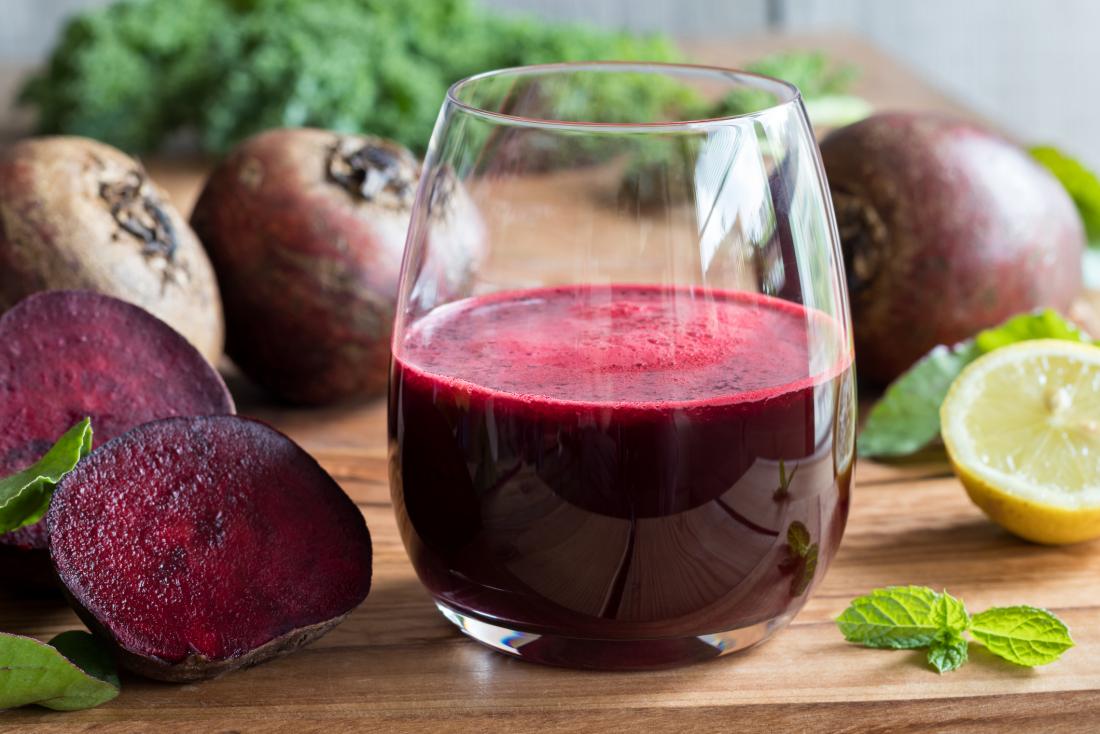Beetroot juice for high blood pressure
Beetroot juice for high blood pressure

Drinking beetroot juice for high blood pressure is a popular new discovery in natural medicine, but before you change your health routine, it’s best to understand all the details.
Beetroot juice benefits:
Recent studies have found that beetroot juice actually lowers blood pressure, which is great news for those living with high blood pressure. There are many natural and medicinal ways to lower blood pressure, such as increasing your potassium intake on a daily basis, and beetroot juice is the newest treatment on the market. From increasing hemoglobin levels and providing a natural glow to the skin, to aiding digestion and controlling blood pressure, beets effectively benefit your body. Beets are a low-calorie vegetable and one of the richest sources of folate (vitamin B9).
The study showed that drinking 1 cup of beet juice reduced blood pressure by about 4-5 points within 4-5 hours. It may not seem like a big change, but the apparent effect of beetroot juice on high blood pressure is interesting. As it turns out, beetroot juice is high in inorganic nitrates, which are converted to nitric oxide in the body, meaning it can help relax blood vessels and arteries. , thereby reducing the stress on the cardiovascular system.
Research into the long-term effects of drinking beet juice or consuming beets to improve blood pressure is ongoing, but early results are very promising.
Side Effects of Beetroot Juice:
Despite the positive benefits of this unusual vegetable for your heart health, there are some side effects of consuming beets. These include the color of your urine, and while this is harmless, it can be a bit of a shock to you. Additionally, the high levels of oxalic acid in beets can negatively affect your kidneys and liver. When you have too much oxalic acid, it can increase gallstones and kidney stones. So always use beetroot in moderation.

